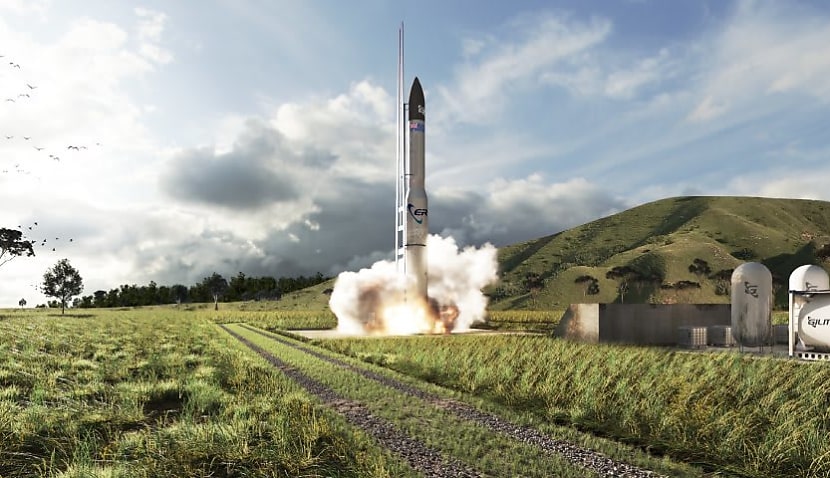
The changes to the Space (Launches and Returns) Act 2018 include an amendment that considers the high likelihood of a rocket failure. This means that if no property is destroyed, a longer investigation can now be avoided in the event of an explosion.
Gilmour has repeatedly stressed that the initial blast-off of Eris is likely to end in failure, while SpaceX engineers in 2023 famously celebrated when the first launch of Starship ended in failure.
“This is the second round of reforms over the past 18 months to the act, which will support our fast-moving and highly commercialised space sector,” said Enrico Palermo, the head of the Australian Space Agency.
“These changes will remove inefficiency and improve flexibility without compromising safety.”
In the biggest amendment, the consultancy document explains that the Australian Space Agency will now acknowledge that failures are “part of the innovation process”.
“We propose adding further exceptions to the definition of accident, to make an exception in the case where a space object or high power rocket is destroyed or seriously damaged, but there is no damage to third party property. We intend for these circumstances to still be an ‘incident’, as defined in section 86 of the Act.
“The Minister may appoint an Investigator when an incident occurs, but it is not mandatory. The existing exception relating to destruction or damage consistent with stated purpose of a launch or return has also been amended to make its meaning clearer.”
In a LinkedIn post, Gilmour called the amendments “positive news” and said they bring Australia’s regulations closer to the US and other nations.
Other modifications to the rules include altering the notice period before a launch from 30 to 20 days and removing the three-stage application process for a launch facility licence.
It follows a similar change to the same act six months ago that allowed more US rockets to blast off from Australian spaceports.
Space Connect reported in November how the Australian Space Agency finally granted Gilmour the licence it needs to launch its Eris rocket in a historic moment for the local industry.
The business, which had hoped to blast off for the first time in April 2024, said then it would announce a fresh lift-off date “in the coming weeks”.
Gilmour Space Technologies has been developing its three-stage launch vehicle for eight years and hopes to address a gap in the global market for small satellite launches.
“With this green light, we will soon attempt the first orbital test flight of an Australian-made rocket from Australian soil,” Gilmour said.
The news of the permit’s granting brought to an end the drawn-out saga, which at one point saw founder Adam Gilmour argue the Australian Space Agency was to blame for the delay.

Adam Thorn
Adam is a journalist who has worked for more than 40 prestigious media brands in the UK and Australia. Since 2005, his varied career has included stints as a reporter, copy editor, feature writer and editor for publications as diverse as Fleet Street newspaper The Sunday Times, fashion bible Jones, media and marketing website Mumbrella as well as lifestyle magazines such as GQ, Woman’s Weekly, Men’s Health and Loaded. He joined Momentum Media in early 2020 and currently writes for Australian Aviation and World of Aviation.
Receive the latest developments and updates on Australia’s space industry direct to your inbox. Subscribe today to Space Connect here.









